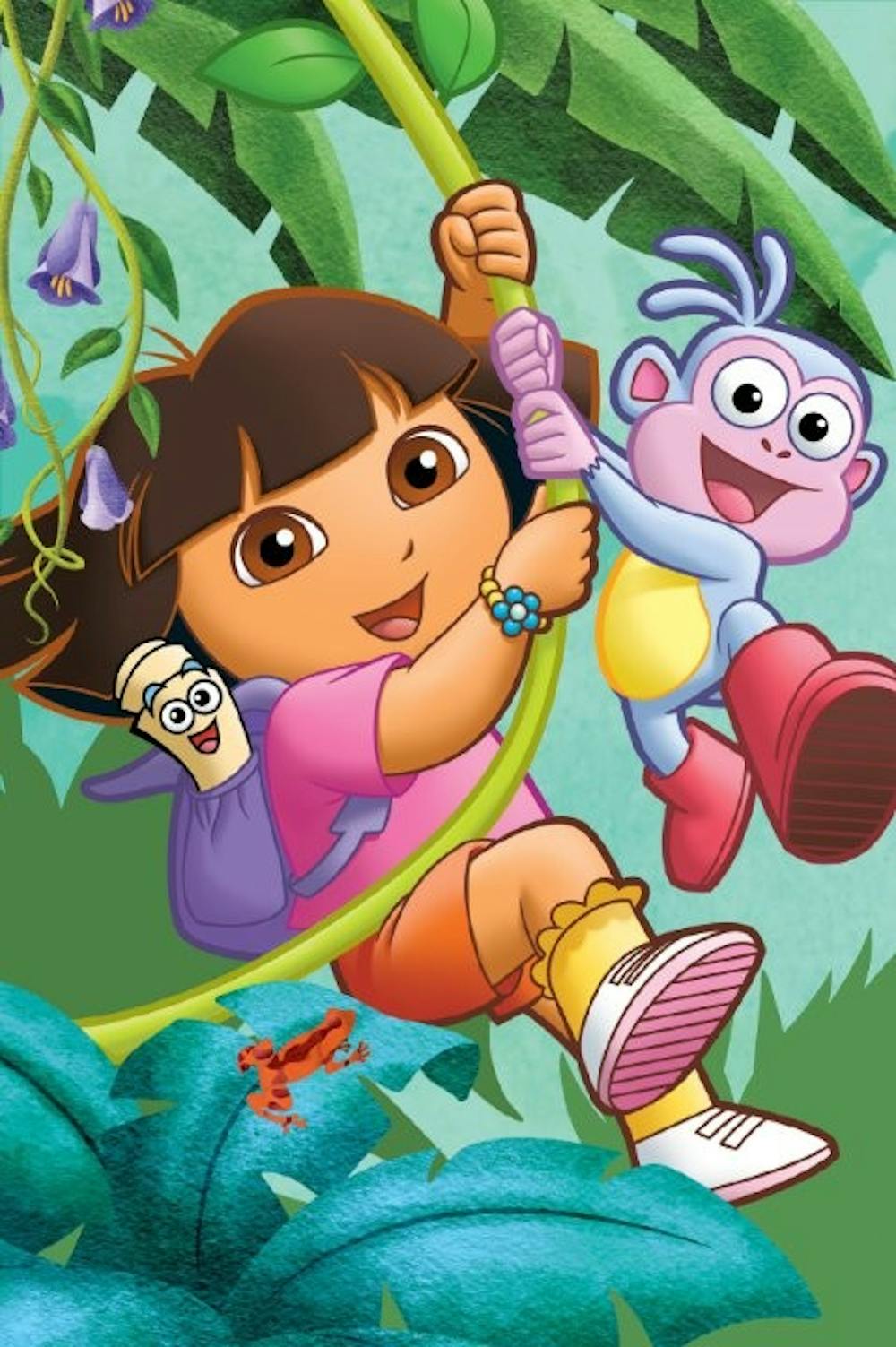Four Mexican-American girls sit around the table of a Phoenix home and craft a carefully-worded letter to Disney, their dark, curly hair and varying shades of brown skin glowing. They are all around the ages of 12 to 14, and the year is 2007.
Where was their Latina princess? Why wasn't there a leading Disney lady with a name like theirs, a family like theirs, a culture like theirs?
Even at that ripe young age, my cousins and I knew what it felt like to live with the lifelong frustration of feeling underrepresented. We understood something mainstream American media still seems to be struggling to figure out: authentic, diverse representation is deeply, critically important.
"Minority" is a term that applies to so much more than race, but race's impact in the media is something that can affect anyone, regardless of class, gender, religion, sexuality or any other aspect of the self.
It impacts all ages, but it affects a child in a distinct way that easily weaves itself into the framework of the child's self-image and worldview. How else would you explain the heartbreaking results of this study that shows children's perceptions of light and dark-skinned individuals was biased toward those with light skin?
Children are strong purveyors of imagination and visualization. They become easily excited when anything familiar comes their way. Childhood is a time when young people are still discovering their passions and developing a concept of their place and potential in society.
During this stage, kids are not only highly sensitive to messages about their own culture, but about the cultures of those in their immediate community. Younger kids in particular are prone to the negative side of this, because kids are bluntly honest and often don't have any quips about calling out strange things.
My best friend used to get teased when we were in early elementary school for bringing authentic Filipino leftovers for lunch. Other kids informed her that her food looked "funny" and "disgusting."
If her meal had made a cameo on, say, "Lizzie McGuire," would their reactions have been as inconsiderate?
The wounds of early childhood can leave deep scars, and many of them can result from innocent ignorance on the part of another child. This is why representation matters so much at this stage.
A cultural self-concept is built at a very early age, but a large amount of a child’s understanding of how the world views their culture comes from the media. It’s the era of “you can be anything you want,” but they may never know what “anything” can entail if the media never places them in some of those roles.
It's a risky, harmful move to tell minority children they can thrive in leadership positions and then never place them in that same spotlight on television.
So what is the media telling a young black boy when he turns on a scripted show and only sees his people in jail or on the streets? How is a young Latina supposed to feel when most of the Hispanics she sees on TV are in the drug business or in a street gang? Why should young girls of Middle Eastern and Native American descent have to struggle to find girls with similar backgrounds on American television?
It feels clichéd to reiterate that “every person is unique,” but American television really doesn’t communicate that to our children very well. Minorities do not conform to a physical, emotional, professional or generational mold. Each race carries an entire world of diversity within itself, and it is critically important for those inner differences to shine brighter than the stereotypes.
Maybe "Doc McStuffins" gives an important message about the power and potential of women of color in fields of science, technology engineering and mathematics. "Dora the Explorer" is a reminder that Latina women aren't subject to filling the image of the tortilla-making housewife or the "spicy," exotic seductress. Maybe shows like "Smart Guy" and "A Different World" are perfect reminders of the intelligence, diversity and beauty of black people.
Maybe we're better off than we were several decades ago, but there's still some way to go.
Representation at any level matters, even if its purely physical. If you don't believe me, believe the smile on this little girl's face when she saw Rihanna's character from the movie "Home" donning bountiful, natural hair just like hers.
It's 2015, and these four Mexican-American women are still waiting for their Hispanic princess. Is it too much to ask that our future daughters be raised in a world where they won't have to sit around the same table, writing the same letter?
Reach the reporter at celina.jimenez@asu.edu or on Twitter @lina_lauren.
Like The State Press on Facebook and follow @statepress on Twitter.




